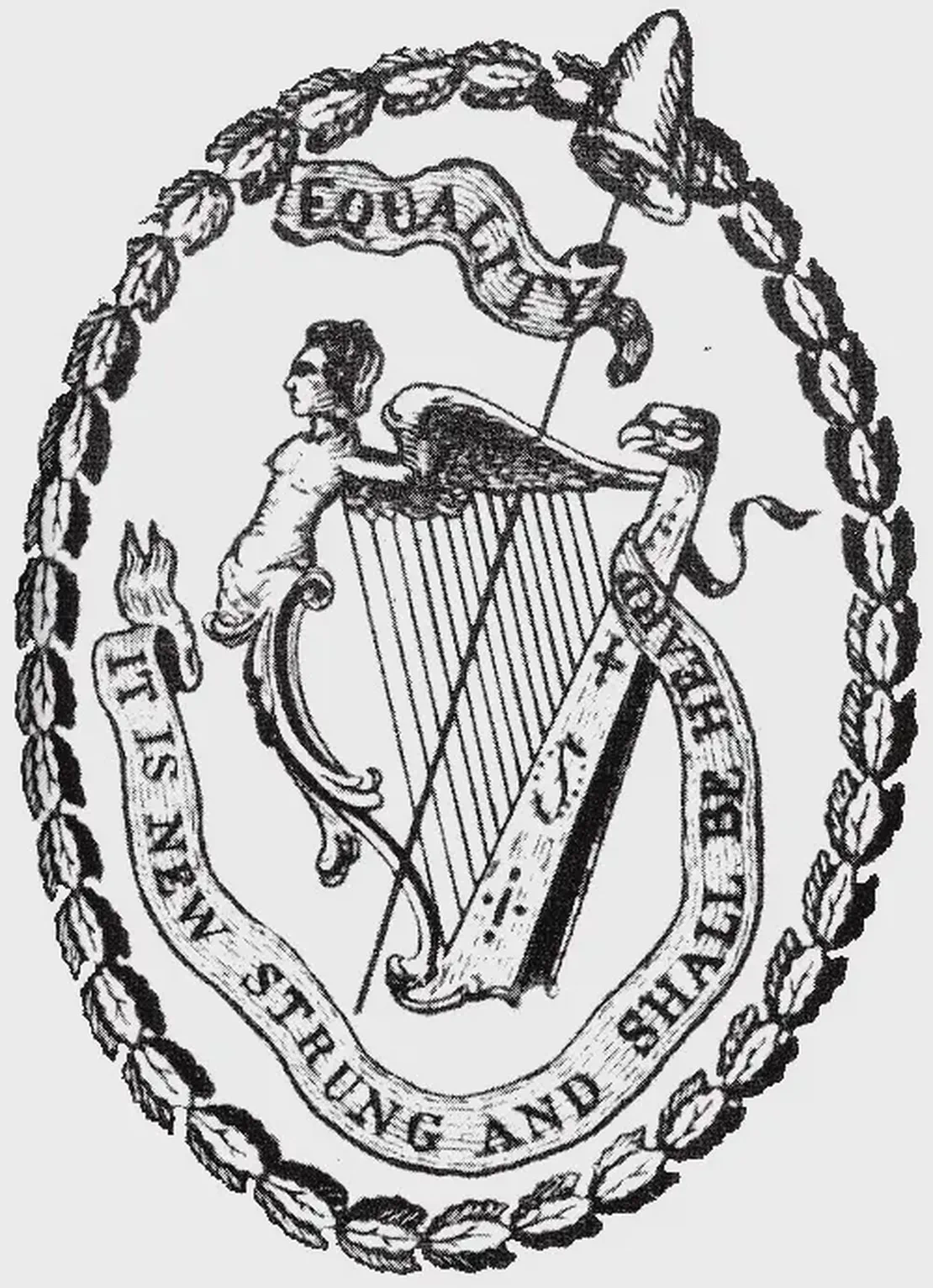On March 12, 1798 in Celtic History
Leinster directory of united irishmen leaders is arrested

The arrest of the Leinster Directory of the United Irishmen occurred in March 1798, a pivotal moment leading up to the Irish Rebellion of 1798. The United Irishmen, founded in 1791, aimed for Irish independence from British rule and sought to establish a non-sectarian republic based on the principles of the French Revolution. The organization had members from both the Protestant and Catholic communities and was initially focused on parliamentary reform. However, faced with government repression and inspired by revolutionary movements in America and France, they shifted towards advocating for armed insurrection.
The Leinster Directory was a leadership body of the United Irishmen responsible for organizing and directing the movement’s activities in Leinster, one of the provinces of Ireland. The British government, aware of the growing threat of rebellion, intensified its efforts to infiltrate and dismantle the United Irishmen’s network.
On the night of March 12, 1798, a government informant led British forces to a house on Bond Street in Dublin, where the Leinster Directory was meeting. Those arrested included significant figures such as Oliver Bond, a wealthy merchant and prominent United Irishman; Thomas Addis Emmet, a lawyer and brother of Robert Emmet, who would later lead an insurrection in 1803; and other key members of the movement.
The arrests dealt a severe blow to the United Irishmen’s leadership and disrupted their plans for a coordinated nationwide rebellion. Despite this setback, the rebellion went ahead in May 1798 but was less organized and effective than it might have been. The uprising was marked by significant battles and atrocities committed by both sides, but it ultimately ended in defeat for the rebels. The aftermath saw further repression, the Act of Union in 1800, which abolished the Irish Parliament and brought Ireland directly under British rule, and a continued legacy of resistance and division within Ireland.
Related Content

Shane Patrick Lysaght MacGowan, lead singer of the Pogues, died

St Machar Day, patron saint of Aberdeen

Oíche Shamhna - Cetlic New Year Eve (Halloween)

ALBAN ELFED (Welsh Bardic name for autumn equinox)

Feast day of St. James

John Davie Burgess, King of the Highland Pipers, died at age 71.

No location specified

No location specified

No location specified

No location specified

No location specified

No location specified

No location specified

No location specified